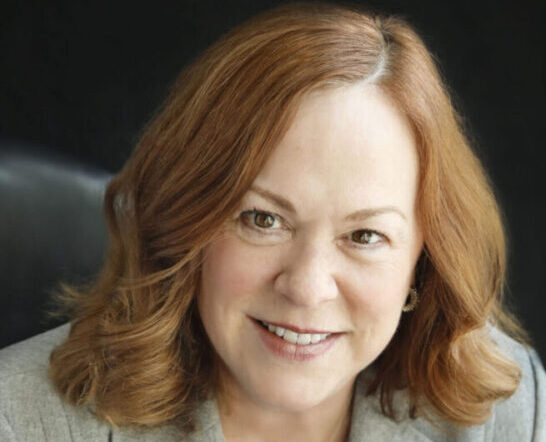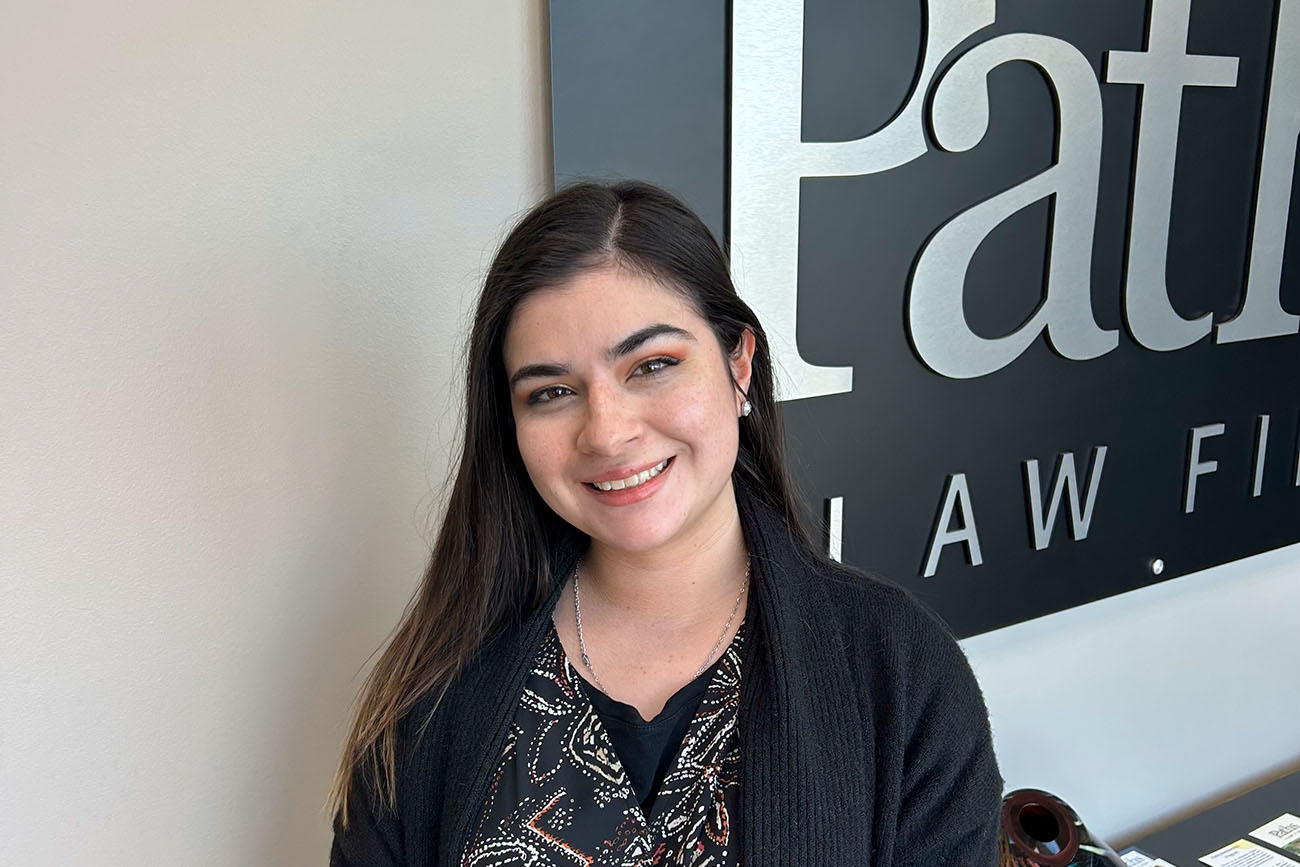Can I refuse to care for an elderly parent? A Kansas City Elder Attorney weighs in.
Everyone is obligated, to some degree, to take on a caregiving role at some point in their lives. For some, this may mean caring for a friend, a significant other, or even a neighbor. For most of us, it’s our parents or grandparents.
Right now, thirty-nine percent of adults in the U.S. are caring for a loved one with significant health issues. Elder care is a natural part of life and a common practice in our society. However, oftentimes people feel unequipped or confused about the elder care process. It’s understandable, that some may need to refuse to care for their elderly parents.
The professionals at Paths Law Firm meet with many clients every year to have difficult but necessary conversations about aging, end of life care, health issues, and other topics that concern the people in our community.
Read on to learn more about the common arguments behind refusing care for an elderly parent.
*This blog is for educational purposes only and should not be considered legal advice. The use of the Paths Law Firm website does not constitute a client-lawyer relationship.
Concerns people have with refusing care for elderly parents

My elderly parent and I have a rocky relationship.
The concept of a family coming together in love and adoration to care for their aging loved ones—without argument or issue—is sometimes a bit of a falsehood. While many families are happy and supportive, there are many others who experience everyday problems, too.
Especially for those who once endured a less-than-ideal childhood, even traumatic or abusive environments, many find that they grapple with the idea of refusing to care for an elderly parent for the well-being of the child or the child’s family.
With the right help, many find that feelings of guilt or stress surrounding the care of elderly parents is eased. From counselors and psychologists to Geriatric Care Managers and legal guardianship programs, there are numerous resources available to help you tackle these tough topics—with no regrets. Even leaning on your siblings or other family members may help bring comfort and resources not easily found on your own.
It’s a time and/or financial commitment I can’t afford.
There are times when people feel they must refuse to care for their elderly parents because of time or financial issues. Depending on your unique situation, this may not be as much of a barrier as you think! The severity of mom or dad’s health condition may give you an idea of how involved you may need to be in the caregiving process.
How to talk to aging loved ones →
Before anything else, be sure to check with an elder law attorney to see if your loved one qualifies for Medicaid or VA benefits, especially if assisted living or the nursing home is a likely resolution. This program can help mitigate a significant amount of cost related to the care of your elderly parent, including nursing home costs, doctors appointments, and more. Your lawyer can also help you create a trust or living will, and even help you locate an affordable senior living facility if needed!
Another source of income you may have available is your loved one’s home equity. Taking out a home equity line of credit or home equity loan may help you get your loved one the care they need at much less personal expense.
Once you determine how much assistance or resources you may be able to tap into, be sure to discuss with other responsible family members the different ways you may be able to divide the costs to help ease pressure off a single caregiver. You can even write a plan for who will be the legal guardian, who will have power of attorney, who will oversee medical decisions, and so on.
Check out our Caring for Aging Parents Checklist for more helpful information →
My elderly parent lives too far away for me to help them.
Caring for an elderly parent over long-distance doesn’t always have to be difficult. By finding a support network in the area of your aging loved one, you can keep tabs on their health and well-being without extensive travel.
That said, you don’t have to live near your aging parent to assist in their care. Calling to make doctor appointments, researching senior living facilities, speaking with an elder care attorney, and arranging other activities for them can all be accomplished over the phone or online!
It’s too painful to be involved in this process.
As an elder law attorney in Missouri, we sincerely understand the pain that can be involved in caring for elderly parents. Seeing your parents in a state of mental or physical decline can be shocking, stressful, and a bunch of other emotions that we don’t need to list if you’re already searching for how to refuse care for an elderly parent.
Take it from us—those feelings are totally natural and a part of life that almost all of us experience at some point. However, by refusing care for your elderly parent, that can also mean potentially sacrificing time with them. These experiences can bring many of us long-term benefits and meaningful memories that long outweigh the negative feelings you may experience along the way.
Learn more about elder care in Kansas City from the experts at Paths Elder Law
End of life care can induce feelings of guilt, stress, anxiety, and sadness. Taking advice from experts and finding the right resources can help clarify your journey and help you enjoy the time you have with your loved ones.
Need more help with navigating the confusing world of end of life care and assisting your elderly parents and other aging loved ones through it all?
Reach out to Paths Law Firm today to schedule a consultation and you’ll be one step closer to the peace of mind you’re searching for.



































